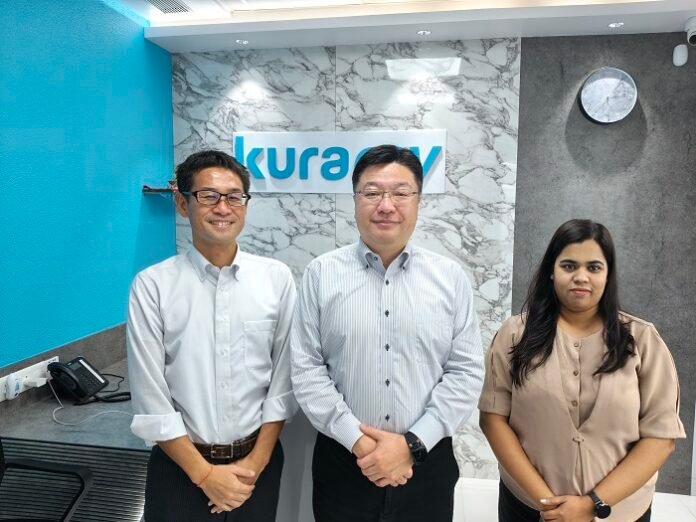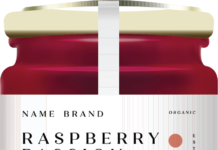Kuraray India has taken a decisive step to support the country’s fast-growing packaging industry by inaugurating a new technical laboratory in Mumbai in July 2025. The facility is designed to provide localized technical services and shorten response times for customers using Kuraray’s EVOH (ethylene vinyl alcohol copolymer), marketed as EVAL.
Speaking in a joint interview, Akihiro Hoashi, managing director, Kuraray India, and Yasuhiro Nonaka, head of business unit, EVAL, Kuraray India, explained that the lab will initially focus on analyzing packaging structures and resolving technical issues related to EVOH (ethylene vinyl alcohol copolymer).
Until now, Indian customers have relied on Kuraray’s technical centres in Japan, the US, and Europe for product testing and troubleshooting. This sometimes required additional time to queries, as samples had to be shipped overseas. “Turnaround time used to take a bit longer,” Akihiro Hoashi, managing director, Kuraray India, said. “With the new lab in Mumbai, we can now deliver solutions in days, saving valuable development time for our customers.”
The laboratory has begun operations with a focus on analyzing packaging structures, troubleshooting performance issues, and supporting customers with barrier film development. Equipment is being installed in phases, and Kuraray plans to expand the lab’s capabilities year by year. “This is just the beginning,” Hoashi said. “We are building a facility that will continue to grow alongside the Indian packaging industry.”
At the centre of Kuraray’s strategy is EVAL, a high-performance barrier resin that plays a critical role in extending the shelf life of packaged food products. By preventing oxygen ingress and preserving freshness, EVOH allows brand owners to reduce food waste while meeting the shift towards recyclable packaging.
“Recyclability is driving material innovation in India,” explained Yasuhiro Nonaka, head of business unit, EVAL, Kuraray India. “Aluminium foil and PVDc face restrictions under emerging recycling guidelines, but EVOH remains acceptable in recyclable mono-material structures. That is why demand for EVAL is increasing.”
Nonaka highlighted that Kuraray is working closely with film manufacturers, converters, and brand owners in India to develop new packaging solutions. “We are involved in projects to replace aluminium foil and PVDc with more sustainable structures,” he said. “These developments are not only cost-effective but also aligned with global sustainability goals.”
India’s packaging industry is expanding rapidly, supported by strong economic growth, population increase, and government policies promoting local manufacturing. “India is becoming as important as Europe, the US, or Japan,” said Nonaka. “The combination of population growth, recycling regulations, and India’s role as an export hub makes this market very attractive.”
Currently, Kuraray ensures a reliable supply of EVOH to India from three global production sites located in the US, Belgium and Japan. Furthermore, a new production site in Singapore is scheduled to begin operations at the end of next year, further strengthening Kuraray’s global supply capabilities.
For Kuraray India, the Mumbai lab is more than a technical centre; it is a platform to strengthen partnerships and accelerate innovation. “Our customers want faster results, closer collaboration, and new packaging solutions that meet recyclability targets,” said Hoashi. “With EVAL at the core, we are committed to helping the Indian industry achieve these goals.”











